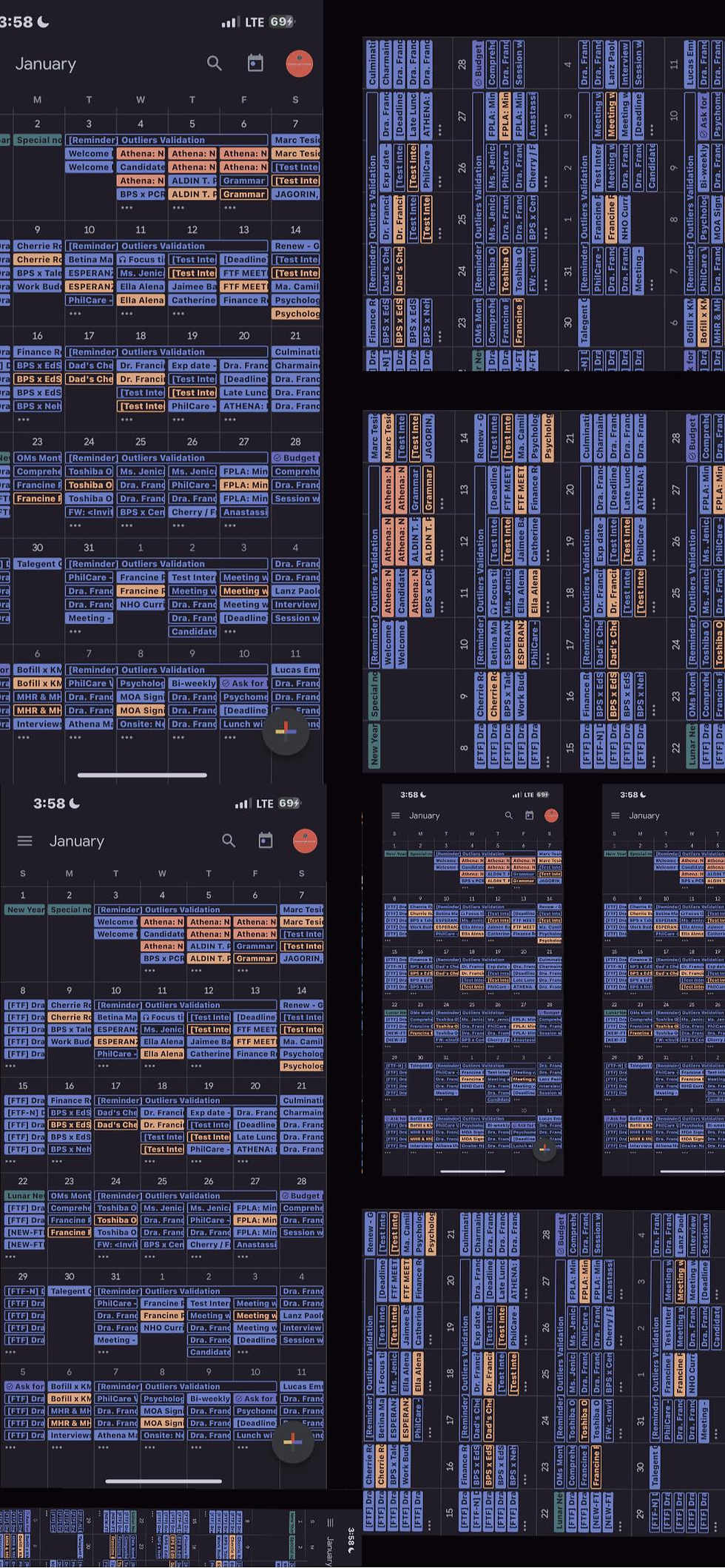Get into the beat: The Role of Music in our Mental well-being.
- Sam Carlo O. Garcia
- Feb 16, 2022
- 4 min read
Have you ever thought about listening to music to make you feel energized at a certain task? Or even just listening to it so that you can remember those times you had lost a loved one or had a heartbreak that makes you depressed? If so, it is normal to feel those heavy emotions and ride along with them while you are doing a task. According to Schäfer (2013), People listen to music to achieve Mood regulation, Arousal, Social relatedness, self-awareness. Specify such parts, these studies involve how we function with music. Arousal as a dimension of the study of Thoma, Mohiyeddini, Ehlert, and Nater (2012) it was possible to elaborate the relative contribution of dispositional emotion regulation in situational music-selection behavior in daily-life circumstances by showing its impact inside the structure of emotional compatible guidelines. Thus, it showed that people use music as an instrument to effectively control their feelings in ordinary circumstances. As we can do it, we can not deny the fact that we use music to synchronize our emotions to what we feel for the day.
How about when we do a task at school or the workplace?
Not only that these studies are applicable to the occupational but in general, either home-based or at school or for the benefit of the individual at its own task. A study shows that a student can listen to music while studying. The students of the University of Wisconsin-Stout are proficient at listening to music with lyrics. These students performed almost equally as well between the silence condition and the popular music condition. Classical music was not fulfilling because the students were not familiar with it. Furthermore, it suggests that further study on the effects genre familiarity might have on students’ ability to tune out music while performing demanding cognitive tasks (Dodge and Mensik 2014).
In contrast to other studies, the study of Dolegui (2013) discusses the fact that it is better to have a peaceful environment so that students can process and focus on what to think, in other words, their cognitive performance. They were given a test while listening to music such as classical but the highlights of the findings were that the intensity of music rather than what type of music played, volume plays a crucial role and could be more important than the type of music played. Although there are some students dismayed by this narrative, they prefer to listen to music while studying too.
Based on the study of Raglio, et. al.(2019) There are selected workers who find music and music therapy positively influential to their psychological symptoms, work-related stress, and burnout. It is also said that it improves work performances and our thinking outcomes. In such a term, the study of Schwartz, Ayres, Douglas (2017) also said Music provides a strategy that is accessible and does not interfere with us to perform tasks and reduces deviant behavior. Music is also a strategy for us workers to be more productive and give positive interactions with our clients. Better if we handle tasks while listening to the right one that fits our mood because if we are listening to a sad song, there are chances to shift our mood, and might lose focus on the task on board.
Music Therapy as a treatment for depression
According to the study of Aalbers (2017), Individual music therapy as standard care is effective for depression, anxiety, and functioning the working-age people with depression. Another part of it had discussed that patients who have depression that was treated with music therapy showed fast results to lessen clinical symptoms, and the dose of medication was lower, with lighter side effects. It also says that regardless, they listened to the music even though they don't have any musical hobbies. Easy-listening, smooth, and lively music was accepted more easily by patients. bedriddenness decreased over the course of treatment. The atmosphere in the patient area was lively, and worry-free among older adults. Therapists use Music Therapy as a tool to communicate the emotions of the patient, mobilize the patient's co-operation in treatment, and decrease the difficulty of taking care of patients with depression. The study also says that when the adult patient sings as part of the therapy, it is more effective than relying on medication therapy.
Reference:
Schäfer, T., Sedlmeier, P., Städtler, C., & Huron, D. (2013). The psychological functions of music listening. Frontiers in Psychology, 4. doi:10.3389/fpsyg.2013.00511
Thoma, M. V., Ryf, S., Mohiyeddini, C., Ehlert, U., & Nater, U. M. (2012). Emotion regulation through listening to music in everyday situations. Cognition & Emotion, 26(3), 550–560. doi:10.1080/02699931.2011.595390
Wan Mohd Yunus, W. M. A., Musiat, P., & Brown, J. S. L. (2017). Systematic review of universal and targeted workplace interventions for depression. Occupational and Environmental Medicine, 75(1), 66–75. doi:10.1136/oemed-2017-104532
Raglio, A., Oddone, E., Morotti, L., Khreiwesh, Y., Zuddas, C., Brusinelli, J., … Imbriani, M. (2019). Music in the workplace: A narrative literature review of intervention studies. Journal of Complementary and Integrative Medicine, 0(0). doi:10.1515/jcim-2017-0046
Dodge, L. & Mensink, M. C. (2014). Music and memory: effects of listening to music while studying in college students. University of Wisconsin-Stout Journal of Student Research, 13, 203-215.
Dolegui, A. S. (2013, September 1). The impact of listening to music on cognitive performance. Inquiries Journal. http://www.inquiriesjournal.com/articles/1657/the-impact-of-listening-to-music-on-cognitive-performance.
Aalbers, S., Fusar-Poli, L., Freeman, R. E., Spreen, M., Ket, J. C., Vink, A. C., … Gold, C. (2017). Music therapy for depression. Cochrane Database of Systematic Reviews. doi:10.1002/14651858.cd004517.pub3




Comments